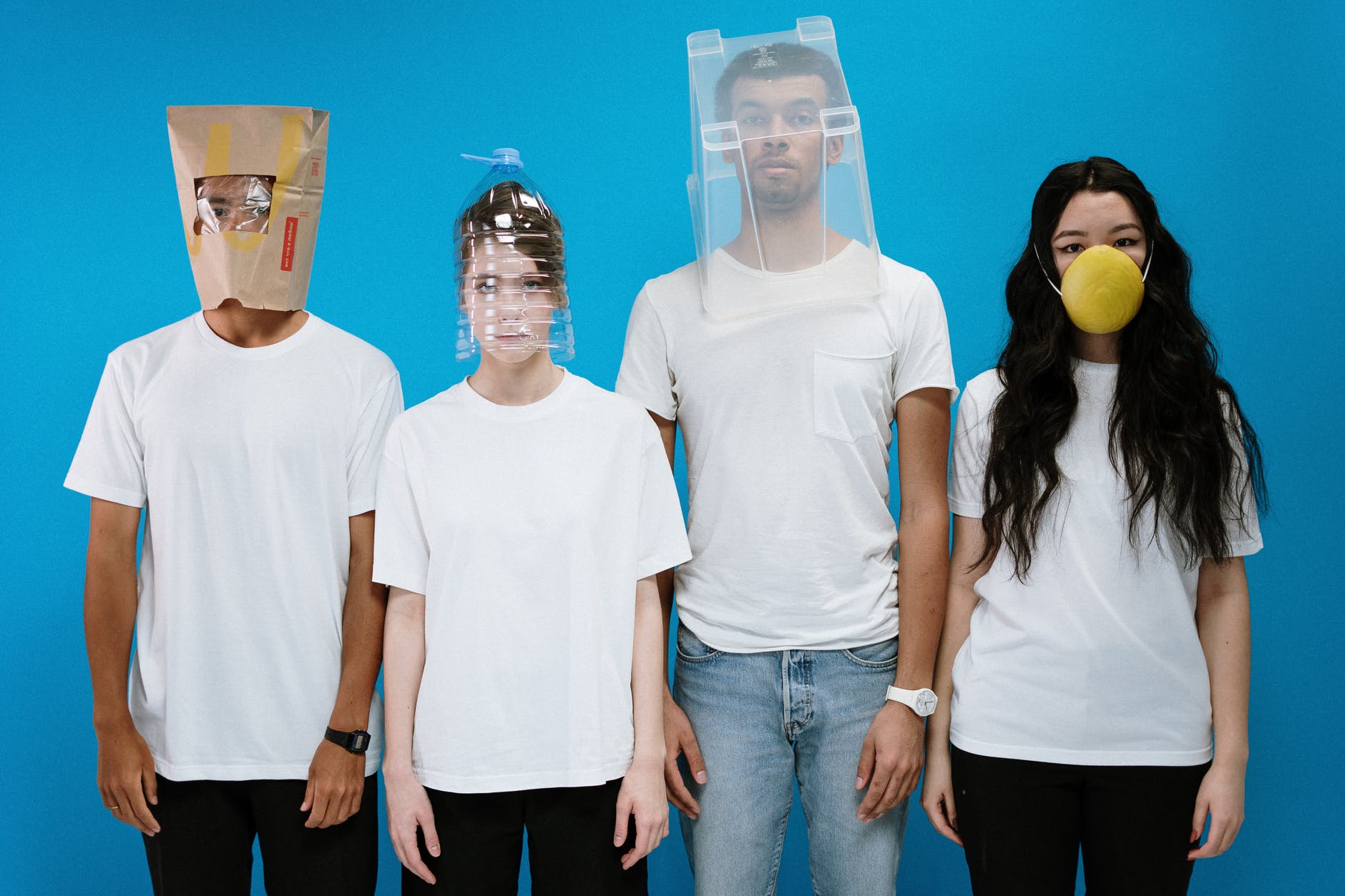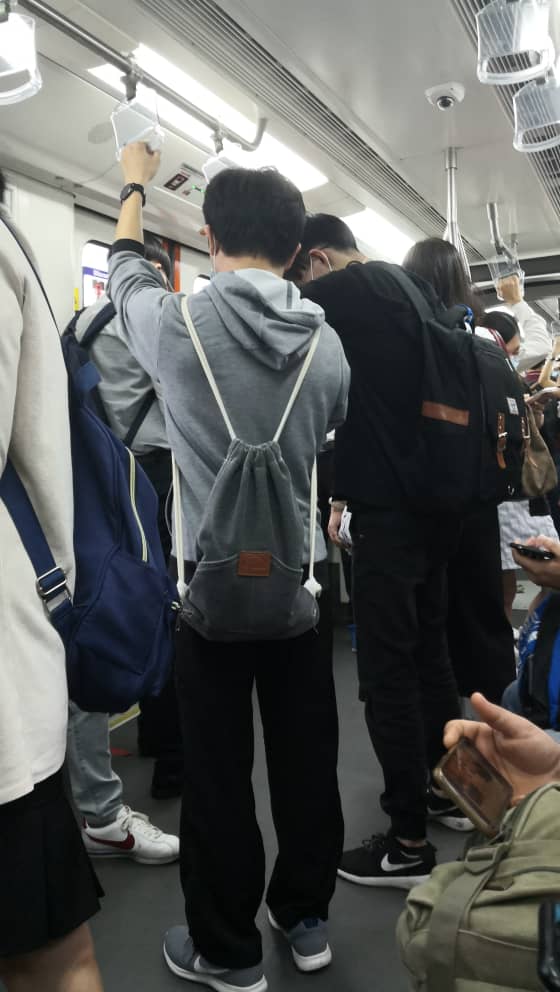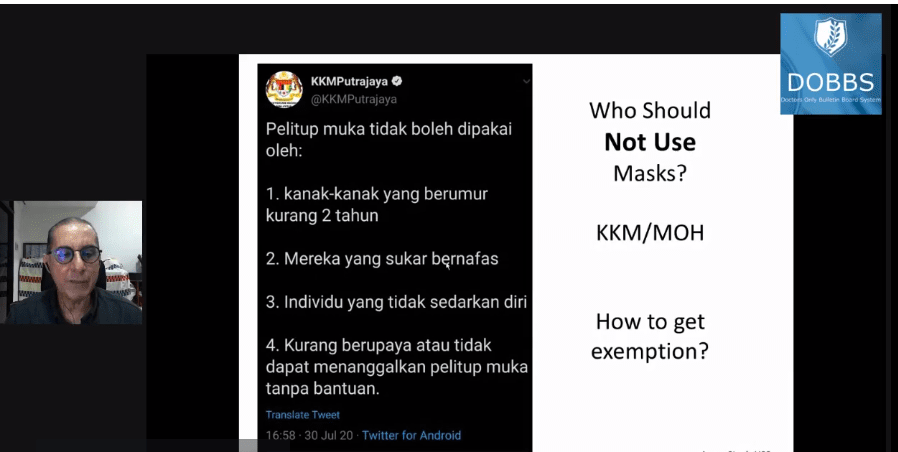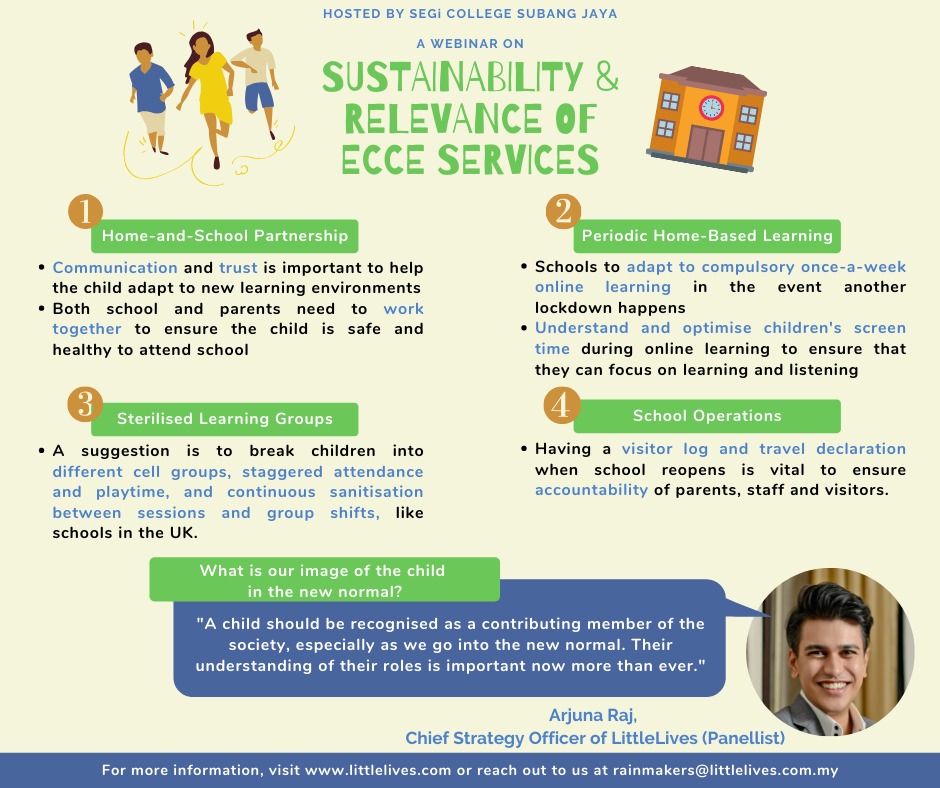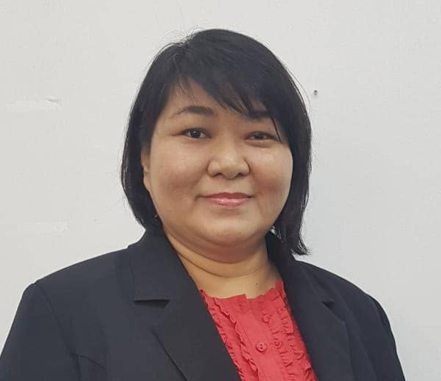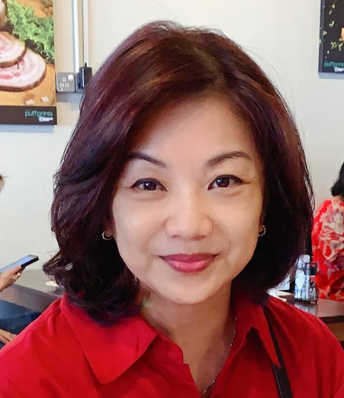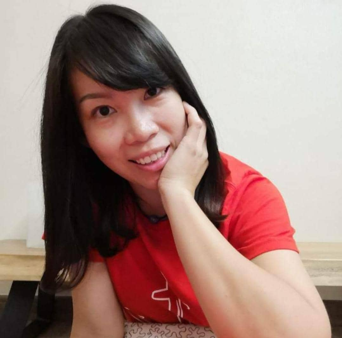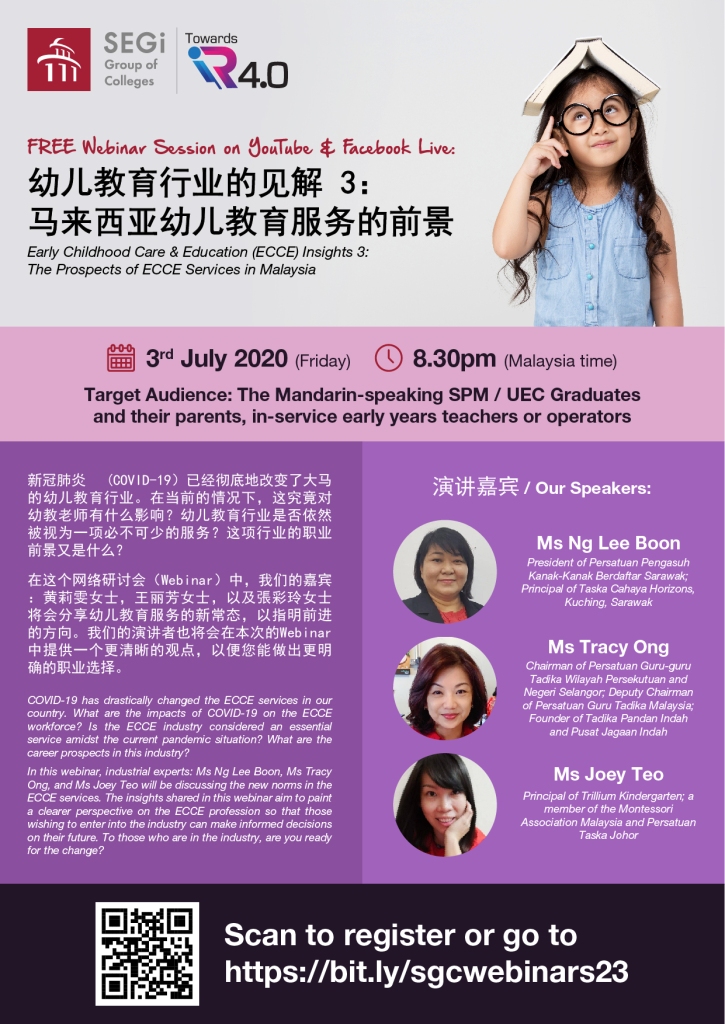There are lots of concerns and questions on whether young children should wear masks or not during the Covid-19 pandemic, and the queries are rife again now that 1 Aug we all need to mask up.
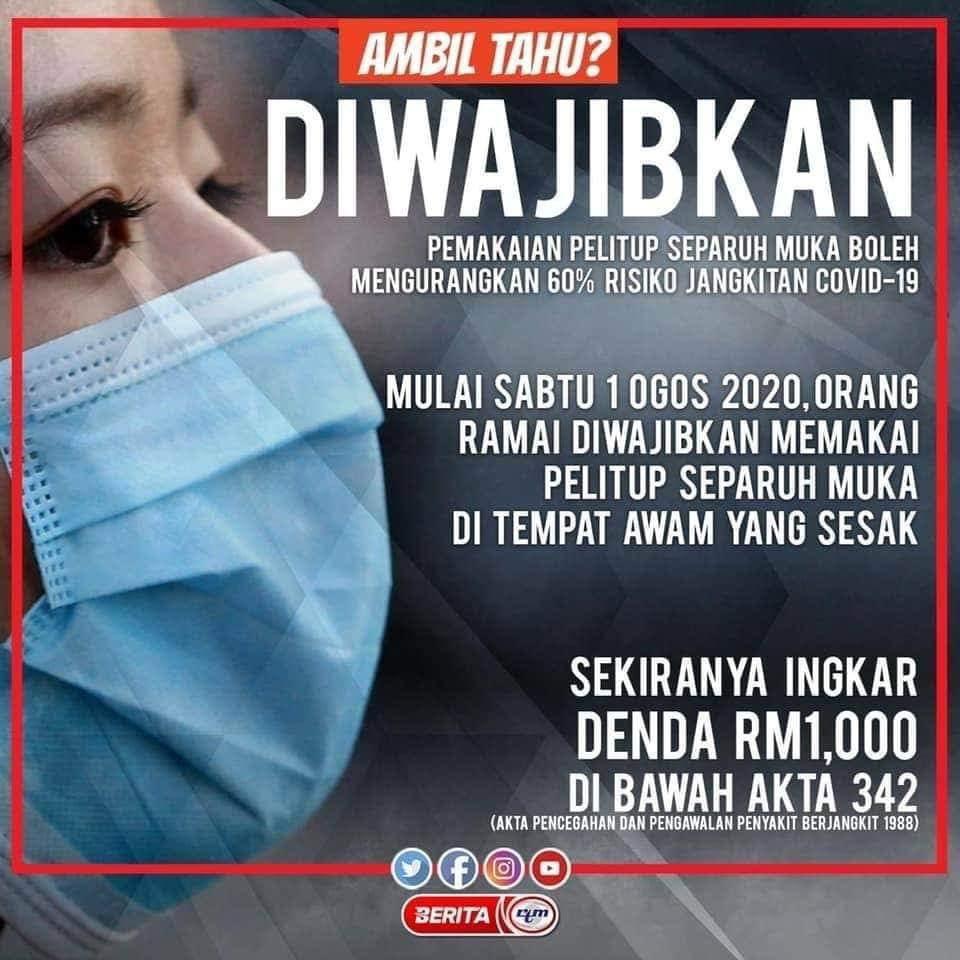
In line with the mask ruling of 1 August, Dato’ Dr Amar-Singh HSS shared his research on the use of masks in general, and this morning he further shared with us (the team prepping for our webinar this Friday on safety and psycho-social wellbeing in EC settings) these tips on mask usage in Early Childhood (EC) settings. For children in centres, wearing of masks is dependent on age:
- Children under 2 years should not wear masks
- 3-5 years could wear a face shield (hat type)
- After that age, children should wear a good cloth mask
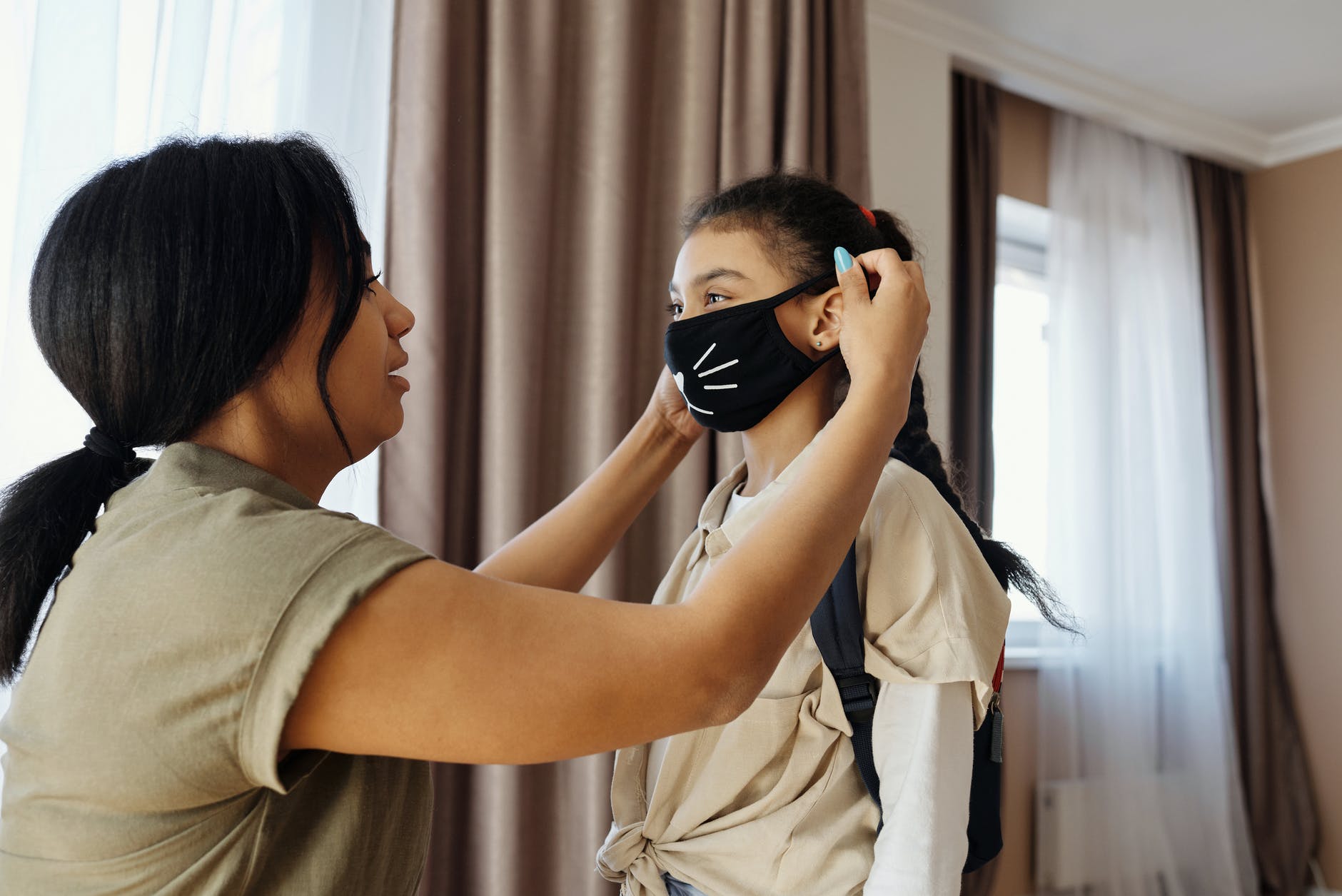
For adults working in EC centres, Dato Dr Amar recommends the following:
- They should preferably wear a good cloth mask – check out WHO guidelines
- If this is not possible or impairs teaching, then they should wear a good face shield.
- Teachers with chronic health problems or those older than 60 years, they should wear a 3 ply surgical mask, which should not be re-cycled

The wearing of masks and physical distancing through social bubbles in EC centres, for example, when viewed positively, can be excellent opportunities for us to instill the critical skills of social responsibility and respect for others. Activities for social learning are often sadly set aside in many centres in the interest of academic learning.
The Covid 19 pandemic has perhaps pushed the agenda in EC settings to give due focus to social learning. We have tangible tools now – masks and face shields, plus physical boundaries – to remind the children that what they do can have the impact on themselves and on others. There is so much that the children will observe, talk about and learn. The importance of their individual actions and the need for collective responsibility during these times can be neatly embedded into a range of EC activities – measurement (1 metre lessons), show and tell, story time, art and craft, exploration on cultural differences, to name a few. And most effectively, these skills are practised in their daily routines.

While the Covid 19 SoPs may seem like an inconvenience to many, even challenged by some, and blatantly flouted by others, we need to remember that our response to the pandemic will have a lasting impact on our young. The children growing up with these SoPs will be the adults in the coming decades. If we use the opportunities presented to us today, they will learn to trust others, respect boundaries, be more civic and social minded, & live healthier lifestyles. Let’s give them these critical lessons as we nurture citizens of the world.
So, the question is – what lessons are we sharing in our EC settings?
